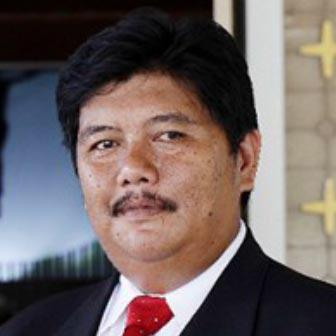By Remy Majangkim, MA63, Activist, Tutor, and Historian
KOTA KINABALU: Hello, everyone! I trust that you are all in good spirits. Lately, there has been a push from some individuals to make additional changes to the state constitution. This suggestion has ignited discussions among various political factions, as they contend that the Constitution is unclear when it comes to the selection of the Chief Minister of Sabah as outlined in Article 6(7) and its connection to Article 7(1), which pertains to the confidence of the majority of the state’s legislative members.
As we all know, Article 6(7) was recently repealed in the last state legislative session. Upon revisiting this article, we find that it was initially introduced by Parti Bersatu Sabah (PBS) with the sole purpose of preventing members from jumping to another party and taking over the state government. It can be considered the first anti-hopping law in Malaysia. Interestingly, the party that drafted this bill voted for its repeal.
Before the repeal, according to the Sabah Constitution, the Governor of Sabah must consider four criteria when appointing the Sabah Chief Minister.
1) Members of the elected Legislative Council.
2) The TYT believes the candidate “likely” commands the majority to form the next government.
3) A head of “a political party”
4) The TYT has complete discretion under Article 10(1) of the Yang di Pertuan Negeri Act on advice.
In Article 6(7), “head of political party” refers to an individual party leader, while “a majority” of the elected seats pertains to those who secured the most seats out of the 73 available in the recent Sabah State Election. This distinction is straightforward and easily comprehensible, without any misconceptions about obtaining 37 seats.
Before the dissolution of the state government, subsequent to the collapse of the federal government in the wake of the “Sheraton moves,” the Chief Minister of Sabah, Datuk Seri Shafie Apdal, witnessed his legislative members defecting to a new alliance, prompting him to dissolve the state assembly under Article 7 (1).
Article 7(1) says, “If the Chief Minister ceases to command the confidence of a majority of the members of the Legislative Assembly, then, unless at his request the Yang di-Pertua dissolves the Assembly, the Chief Minister shall tender the resignation of the members of the Cabinet.”
Datuk Seri Shafie Apdal, the Chief Minister of Sabah, took the necessary and decisive action of dissolving the state assembly, thereby creating a pathway for a state election to be conducted in strict accordance with the provisions outlined in the Sabah State Constitution.
In some circles, there is support for the Warisan party led by Datuk Shafie Apdal, with the aim of bringing the miscarriage of justice to court. Yet, it’s crucial to acknowledge that pursuing this course of action may risk triggering a Sabah constitutional crisis.
It is suggested that Article 6(7) be reinstated with minor changes to avoid confusion among the public. The language used in the article is clear and precise, and it effectively limits the potential for abuse by politicians and political parties.


